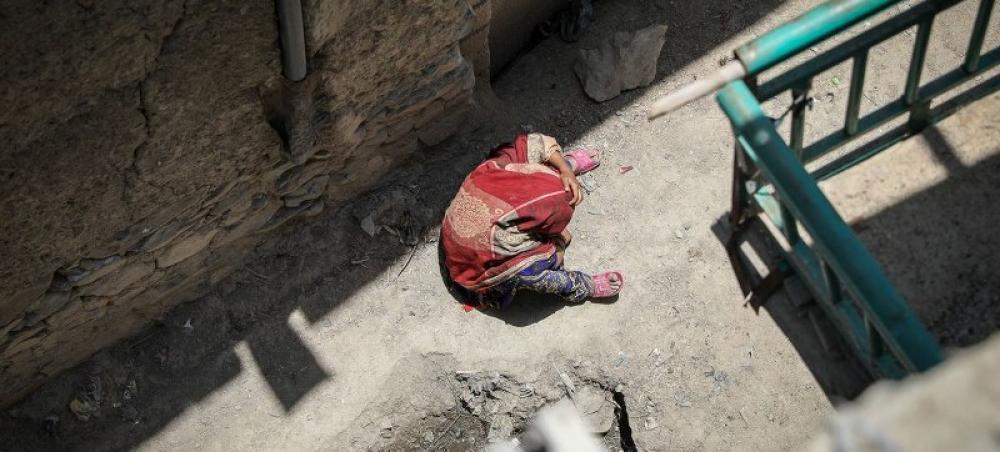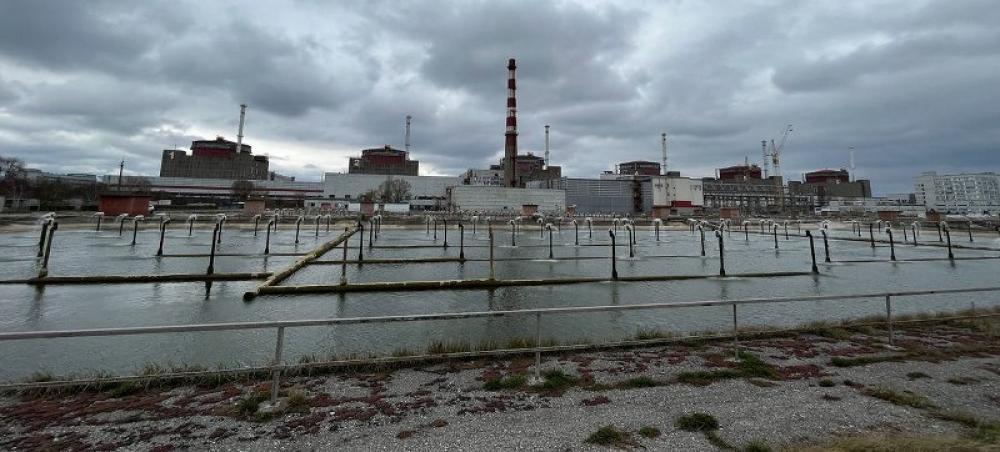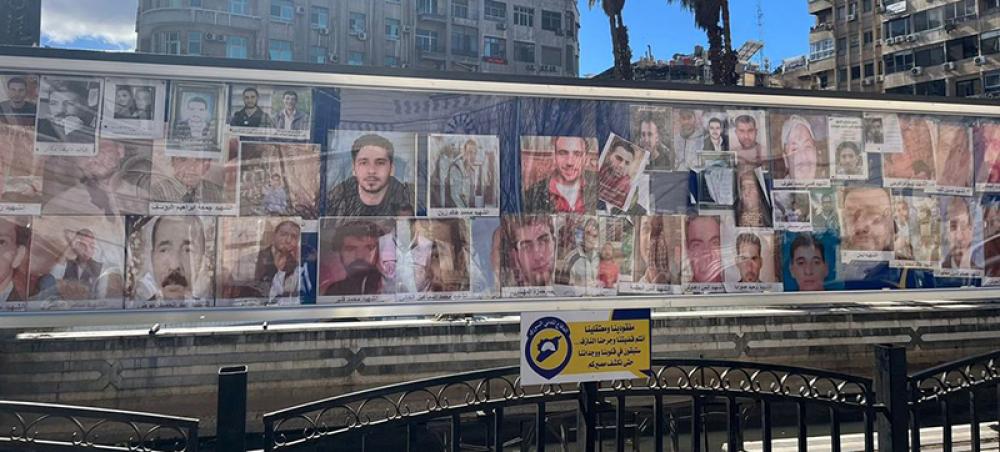Just Earth News 22 Mar 2016, 01:18 pm Print

OCHA/Iason Athanasiadis
Inspired by his own experiences of war, and knowing that on Monday’s challenges are global, borderless and beyond the capacity of any one country or organization to resolve, Secretary-General Ban Ki-moon will convene the first-ever World Humanitarian Summit on 23 and 24 May 2016 in Istanbul, Turkey.
The Summit – a culmination of three years of consultations with more than 23,000 people in 150 countries – will be an opportunity for leaders from governments, aid organizations, crisis-affected communities, the private sector and academia to come together and commit to take action to prevent and end suffering, reduce the impact of future crises and transform financing to save lives.
Ahead of the Summit, the Secretary-General presented the Agenda for Humanity, which outlines five different areas requiring collective action that, taken as a whole, provides the key actions and strategic shifts the world needs.
Core Responsibility 1: Prevent and end conflict
Unless political leaders show the will to prevent and end crises, little will change for the millions of children, women and men who are caught up in these crises. Leaders – including UN Security Council members – must put compassion and courage at the heart of their collective decision-making. They must analyse the risk of conflict and act early to nip conflicts in the bud. They must use all the leverage they have – political, economic and otherwise – to prevent conflicts and find solutions. And they need to put aside divisions to invest in peaceful and inclusive societies.
Abu Mohamed, a former engineer, showed UN staff around his house in Sana’a, Yemen. Everything had been destroyed. When asked what he needed most, he stated: “Safety. That’s the only thing we need. Safety and protection. All the rest is not as important.
“Imagine your child in front of you. He is hungry, but you are unable to feed him. He is frightened, but you are unable to protect him. The people of Yemen need help, desperately. They need the world to care and they need the international community to stop this conflict.”
- Pakistan: Police claim they averted mob attack on Ahmadi religious place in Karachi
- Chaotic wave of returnees from Iran and Pakistan to Afghanistan is threatening broader regional stability, says UN
- Prominent economist Abul Barkat, who once said there would be no Hindus will be left in Bangladesh if exodus continued, sent to jail in graft case
- Pakistan: Father guns down daughter after she refuses to delete TikTok account
- Persecution of girls: ICC issues arrest warrant for two Taliban leaders






